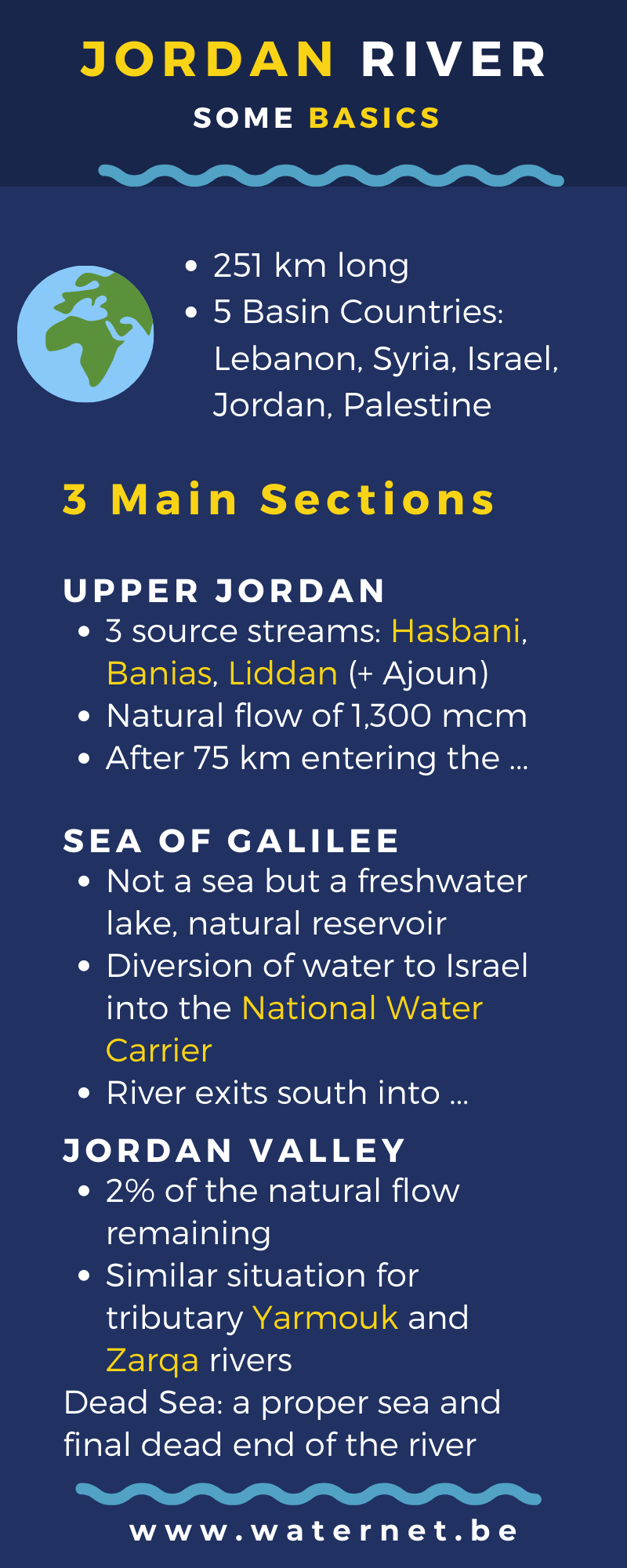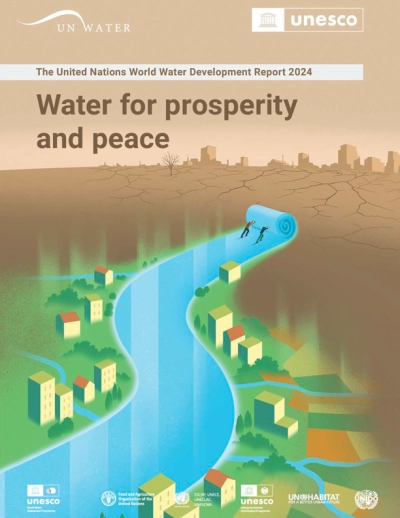In 2004, I published an article on the long term Israeli water : "Israeli water policy in a regional context of conflict: prospects for sustainable development for Israelis and Palestinians?"
The article is based on field research and policy analysis, especially the "Long term tasks of the Israeli water sector" document in which a vision was laid out for the development of the sector towards 2020. I am currently working on an update of this article.
- From the Introduction:
In August 2000, the Israeli government approved a long-term water policy document proposed by the Water Commissioner (Ministry of National Infrastructures – Water Commission, Long term tasks of the Israeli water sector, Tel Aviv, 2000). The plan outlines the general framework for a water policy towards 2020. Within this period of time, Israel faces the challenge to cope with increasing water scarcity, as a result of the limited availability of natural water resources combined with an increasing demand for water due to population growth and economic development and regular droughts. Therefore, the plan aims at the maintenance the actual level of water consumption by households, industry and agriculture while preserving the country’s natural water resources – especially during years with under average winter rains that fail to recharge the underground and surface water systems.
This policy plan cannot only be read as a document for internal water policy. It also involves important water resources shared with the state of Jordan and with the Palestinian population in the Occupied Territories. As such, it will have direct implications for these populations as well. This makes the policy plan an interesting parameter to assess prospects for regional sustainable development.
Therefore, in this contribution water policy will be regarded as an instrument in the struggle for development, in which water plays a crucial role. We will take a close look at the problem of growing water scarcity as a result of the combination of limited water resources and increasing population. We will describe how water has become a tool in the political conflict, and how it can undermine the prospects for sustainable development of the population in the region.
- Read the full text (pdf):
Stefan Deconinck (2004), 'Israeli water policy in a regional context of conflict: prospects for sustainable development for Israelis and Palestinians?', in: Ferragina E., Water Resources and Development in the Mediterranean Basin, Naples.


